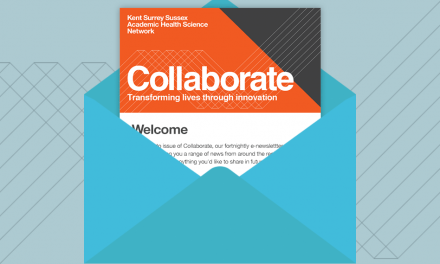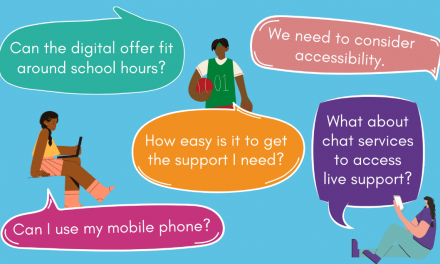Latest headline figures for our ‘Detect. Review. Protect’ project show that 38 Atrial Fibrillation related strokes have been saved between April 2018 and August 2019.
The initiative aims to reduce the number of people dying from, or being disabled by, AF-related stroke by optimising the use of anticoagulants in line with NICE CG180 guidelines.
More than 500 Lead 1 ECG portable devices have been delivered to a range of healthcare professionals across the region, enabling them to take an instant heart trace to determine whether an individual has AF – a major cause of stroke.
From April 2018 to the end of August 2019, 11,492 traces were taken across Kent, Surrey and Sussex, with 954 possible AF results detected.
This equates to approximately 38 AF-related strokes saved, avoiding debilitating effects on individuals and their families and provided all possible AF results are confirmed AF and anti-coagulated, avoiding costs to state-funded Health & Social Care of just over £1,580,000 over five years (KSS ROI model methodology).
Usage data will continue to be collected until March 2020 and Jen Bayly, Cardiovascular Lead at KSS AHSN, said that data can now be collected from any devices already owned and used by healthcare professionals, not just those distributed by KSS AHSN.
“The success of this project lies in collecting as much data as possible. To make your data count, it’s important that any health care professional carrying out mobile ECG checks registers with the project. Remember, you need to register all of the individuals using a device, and not just the device itself.”
If you are a Health Care Professional using an AliveCor Kardia ECG Device register here – it only takes two minutes to make your data count!





